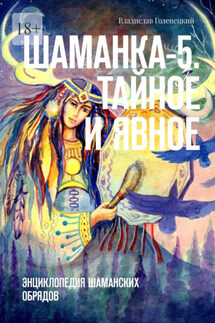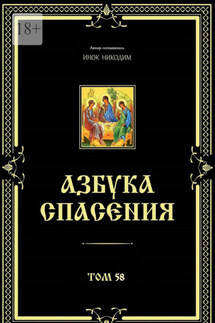Нигерия: народы и проблемы - страница 4
And the answer forced upon one, by one’s own observations, is that the incredible has been wrought, primarily and fundamentally, not by this or that brilliant feat of arms, not by Britain’s might or Britain’s wealth, but by a handful of quiet men, enthusiastic in their appreciation of the opportunity, strong in their sense of duty, keen in their sense of right, firm in their sense of justice, who, working in an independence, and with a personal responsibility in respect to which, probably, no country now under the British flag can offer a parallel, whose deeds are unsung, and whose very names are unknown to their countrymen, have shown, and are every day showing, that, with all her faults, Britain does still breed sons worthy of the highest traditions of the race.
* * *
CHAPTER II
ON THE GREAT WHITE ROAD
You may fairly call it the Great White Road to Hausaland, although it does degenerate in places into a mere track where it pierces some belt of shea-wood or mixed trees, and you are reduced to Indian file. But elsewhere it merits its appellation, and it glimmers ghostly in the moonlight as it cuts the plain, cultivated to its very edge with guinea-corn and millet, cassava and cotton, beans and pepper. And you might add the adjective, dusty, to it. For dusty at this season of the year it certainly is. Dusty beyond imagination. Surely there is no dust like this dust as it sweeps up at you, impelled by the harmattan blowing from the north, into your eyes and mouth and nose and hair? Dust composed of unutterable things. Dust which countless bare human feet have tramped for months. Dust mingled with the manure of thousands of oxen, horses, sheep and goats. Dust which converts the glossy skin of the African into an unattractive drab, but which cannot impair his cheerfulness withal. Dust which eats its way into your boxes, and defies the brush applied to your clothes, and finds its way into your soup and all things edible and non-edible. Dust which gets between you and the sun, and spoils your view of the country, wrapping everything in a milky haze which distorts distances and lies thick upon the foliage. The morning up to nine, say, will be glorious and clear and crisp, and then, sure enough, as you halt for breakfast and with sharpened appetite await the looked-for “chop,” a puff of wind will spring up from nowhere and in its train will come the dust. The haze descends and for the rest of the day King Dust will reign supreme. It is responsible for much sickness, this Sahara dust, of that my African friends and myself are equally convinced. You may see the turbaned members of the party draw the lower end of that useful article of apparel right across the face up to the eyes when the wind begins to blow. The characteristic litham of the Tuareg, the men of the desert, may have had its origin in the necessity, taught by experience, of keeping the dust out of nose and mouth. I have been told by an officer of much Northern Nigerian experience, that that terrible disease, known as cerebro-spinal meningitis, whose characteristic feature is inflammation of the membranes of the brain, and which appears in epidemic form out here, is aggravated, if not induced, in his opinion—and he assures me in the opinion of many natives he has consulted—by this disease-carrying dust. In every town and village in the Northern Hausa States, you will see various diseases of the eye lamentably rife, and here, I am inclined to think, King Dust also plays an active and discreditable part.






